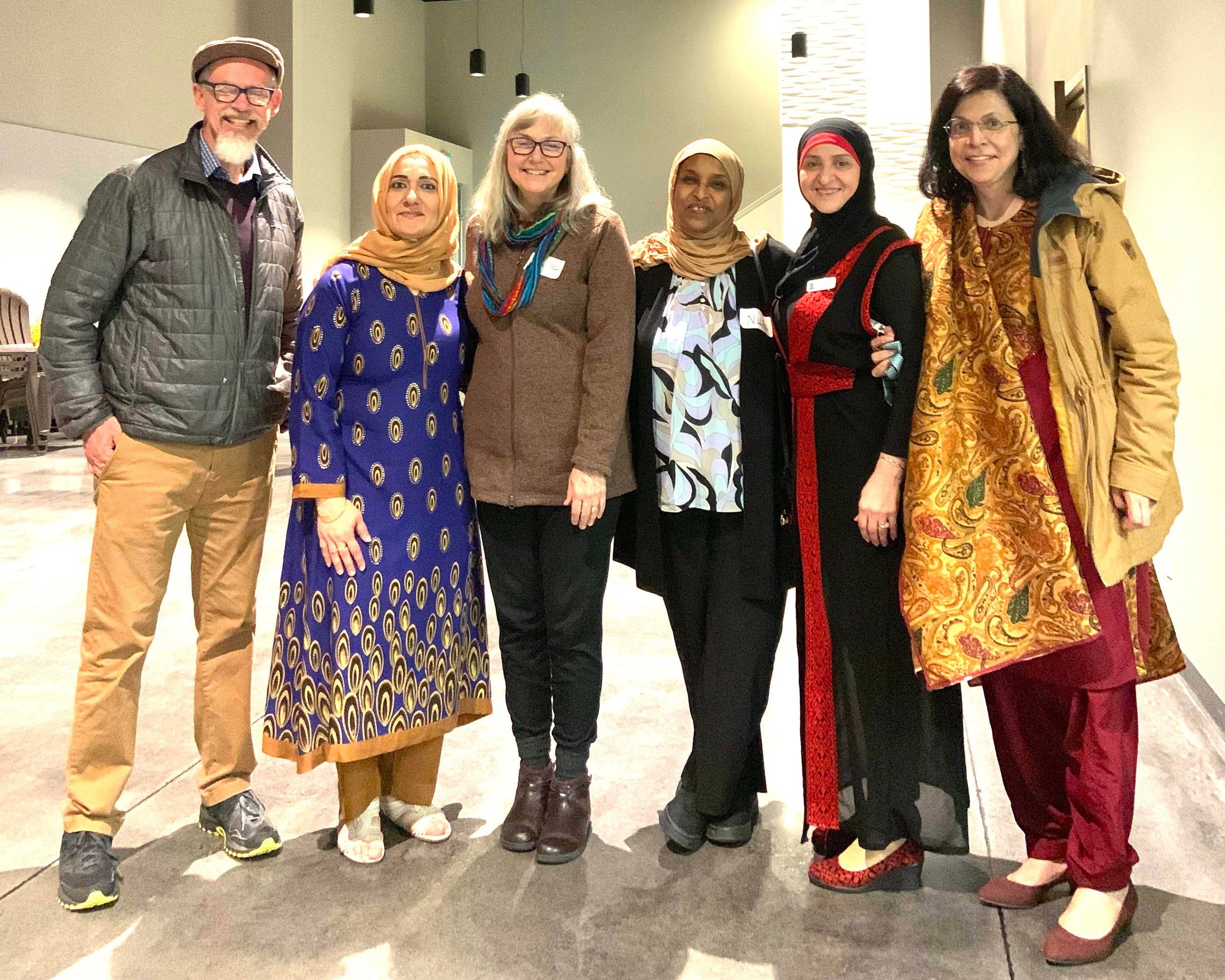Guidelines for Jesus-Centered Peacemakers in Tumultuous Times
We in Peace Catalyst International seek to be faithful peacemakers in a divided country. The following 11 guidelines describe our commitments and aspirations. May they guide, strengthen and encourage you as well in these tumultuous times.
Jesus was the embodiment of peace and peacemaking.
Jesus was also a peace disturber at times. When he cleansed the temple, as recorded in Matthew 21, he was opposing unjust systems that prevented Gentiles from freely worshipping at the temple. Jesus disturbed the peace in order to expose hypocrisy and injustice. But never in order to defeat or humiliate his opponents. He tried to win them over. In the same way, Martin Luther King Jr. – one of our country's great peace disturbers -- said that the goal of non-violent resistance is reconciliation, to create the beloved community.
Our political discourse and actions will be guided by these three commands of Jesus as we seek to build bridges in our divided nation:
a. "In everything, do to others what you would have them do to you, for this sums up the Law and the Prophets" (Matt. 7:12).
b. "Love your neighbor as yourself" (Matt 22:39).
c. "Love your enemies" (Matt 5:44).
Fundamental to peacemaking is the commitment to attack the problem, not the person; to be hard on the problem and soft on the person; and to clarify and address the issues at stake, not demonize or bash the person.
To attack the problem and not the person means that we will not totalize. We will not make blanket statements about others. Instead, we will focus on specific observable behaviors and policies.
We are bridge-builders, which means that we will get caught in the middle of opposing views and people. But we will do our best not to alienate others.
We will partner with people of all faiths and no faith who seek justice and peace, but we do all in the name of Jesus. We continually ask ourselves, "Will the message of this partnership honor or dishonor Christ?"
We will be involved in meetings and gatherings of people with different agendas, faiths and political goals. We must. But when we speak, we need to reflect Jesus, and if we are not sure how or if we'll participate, we will say that.
We live in a glocalized world. What happens locally has global implications. Thus, we recognize the potential magnitude of our peacemaking efforts. The world is watching how we respond to Muslims and refugees.
We differentiate between the role of Church and State. In Romans 12:9-13:10, Paul described a godly response to evil. He portrayed a sharp contrast between how God’s people are to respond to evil versus how the government should respond. Jesus’ followers are called to a peacemaking ethic of sacrificial love. Paul began the section with an appeal to love (Romans 12:9-10) and closed it with a repeated call to loving our neighbor (13:8-10). Moreover, he exhorted believers to bless their persecutors, respond non-violently to evil, and seek peace with all. By contrast, the State is called to implement justice. Governments stand accountable to God for supporting the good and punishing the evil. The State must address expressions of evil such as terrorism and torture. Therefore, we distinguish between the role of Church and the role of the State.
We support and challenge the State. Followers of Christ should submit to their government, pray for their government (1 Timothy 2:1-4), and support their government’s struggle against various manifestations of evil. But exactly how this finds expression varies according to a person’s conscience, especially when it comes to “war.” Some of us embrace Pacifism, others “Just-War” theory, and still others “Just Peacemaking.” Followers of Christ also play a prophetic role towards the government. Scripture affirms cases of civil disobedience by God’s people (Exodus 1:15-20; Daniel 3:9- 18; 6:6-10), the most obvious case illustrated by the apostles who boldly affirmed before the religious authorities, “We must obey God rather than men” (Acts 5:29). Therefore, we pray for our government and engage politically in accordance with our conscience. We also speak out against governmental policies and practices that we believe are unjust.
We recognize that the guidelines above are demanding. Certainly, we often struggle with obeying these commands or following this counsel. But Jesus said that his children work for peace and love their enemies (Matthew 5:9; 44,45). So we set forth these guidelines as the desire of our hearts.











